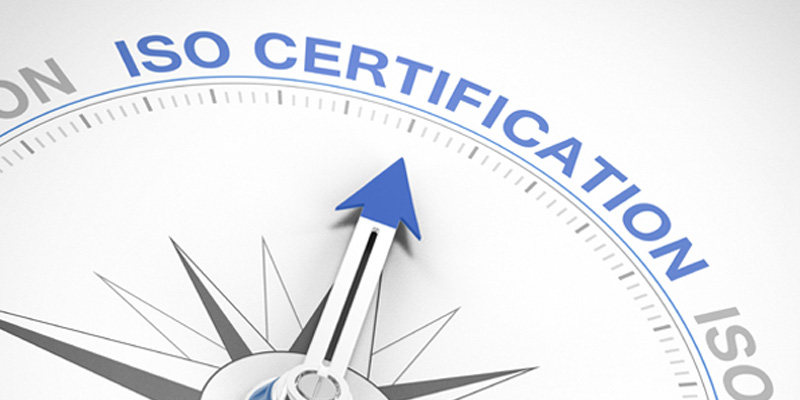
7 Benefits of ISO 27001 Certification
The ISO 27001 standard is an international, auditable and comprehensive stand...
Read MoreYou cannot afford a situation where your ISO certification lapse. Lapse in the validity of your ISO certification will give your competitors a direct advantage. By losing the validity of your ISO certification, you are risking losing the credibility of your business, damaging its reputation and reducing your ability to apply for tenders. The lapse can damage the profitability of your business as the stakes are always high in the ever evolving marketplace. In this article, we will address your concerns about the expiry of ISO certification and what you can do for its renewal.
International Organization for Standardization (ISO) is an international entity that builds recommendations for organisations, helping them develop sustainable and durable management systems. The aim of these management systems is to enhance efficiency, reduce wastage, create consistency in the quality of products or services and enhance brand credibility.
The standards were built with the aim to protect consumers from unsafe, unreliable and low-quality products or services that are a direct consequence of inconsistent operational procedures. Hence, in other words, the aim of ISO is to create standardisation in different industries, so that fair trade can be created.
The implementation of an ISO standard into your organisation helps you build a management system. When you undergo a certification audit by a certification body, you can achieve certification if your management system is compliant with the recommendations of the standard. By using ISO certification services, you can use the benefits of ISO certification to improve your business status and attract customers’ trust.

If you have a satisfactory performance in your external audit, you are granted a certificate. The validity of ISO certificate is not compromised for the next three years. After the three-year period ends, the certificate expires if the organisations do not undergo a re-certification audit.
Moreover, to maintain the validity of the certificate in the three-year period, organisations must conduct annual surveillance audits to ensure that the management system is still compliant with the recommendations of the chosen standard. If the organisation fails to conduct a surveillance audit, their certificate becomes invalid.
As mentioned above, the certificate is valid for exactly 3 years from the date of inception. Therefore, you know when your certificate is going to expire the day you receive it. If you are unsure about the renewal, you can check the expiry date on the physical copy of your certificate or the soft-copy that you have received in the email. In the circumstance that you cannot track down your physical copy or you have lost your emails, you can contact the certification body who issued your certificate to you.
Additionally, the accreditation body that you work with would send you reminder emails. Moreover, during the second surveillance audit, your certification body will remind you that you are due for renewal. We have already fully explained how to check the validity of the ISO certificate.

Ideally, your business should be constantly trying to improve its management systems and Standard Operating Procedures (SOP). Re-certification is basically a method to ensure that you are always improving. The purpose of a recertification audit is to ensure that your business process is still compliant with the regulations of the chosen standard. Some people call ISO certificate a “stamp of authenticity,” and an expired certificate implies that your processes are no longer verified for their efficiency.
This means that with the expiration of your ISO certificate, you lose all the benefits that are associated with it. Examples of such benefits include stakeholder trust, better brand credibility, customer acquisition, customer loyalty, ability to access international markets, ability to apply for tenders and boosting marketing efforts.
In addition to losing all the benefits associated with being an ISO certified business, you will need to recall all your ISO certified products and the ISO logo will have to be removed from your advertisements, products and website. If you fail to do so, you are potentially inviting a lawsuit. This is why an expired ISO certificate damages your business credibility.
A recertification audit is very similar to the original certification audit. During this audit, the external auditor will assess your organisation and your management system to make sure that you have ongoing compliance with the requirements of the chosen standard. In an ideal case, there will be no relevant discrepancies as you would be conducting regular surveillance audits to maintain your compliance.
When you are on the flag end of the second year of your ISO certificate life-cycle, begin preparing for the recertification audit. Ensure that the relevant findings from the surveillance audit have been addressed and appropriately documented. Inform your certification body if you wish to continue with them or begin your process of selecting another certification body. If you are appropriately conducting a surveillance audit and maintaining your documentation, your recertification process should be a breeze.
ISO certification gives your organisation a competitive edge. By helping you increase operational efficiency and overall product consisten

Copyright © 2024 The ISO Council | Privacy Policy